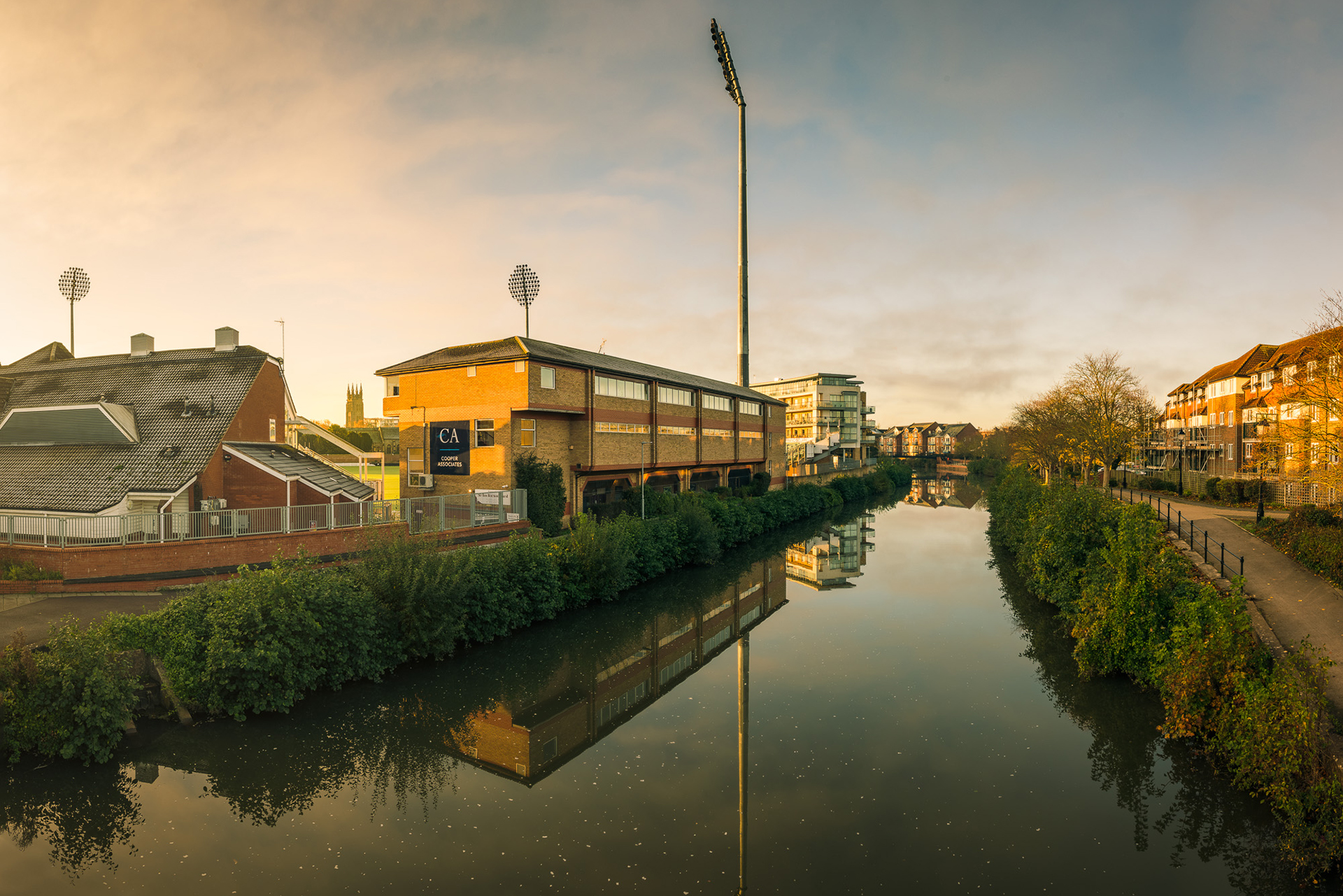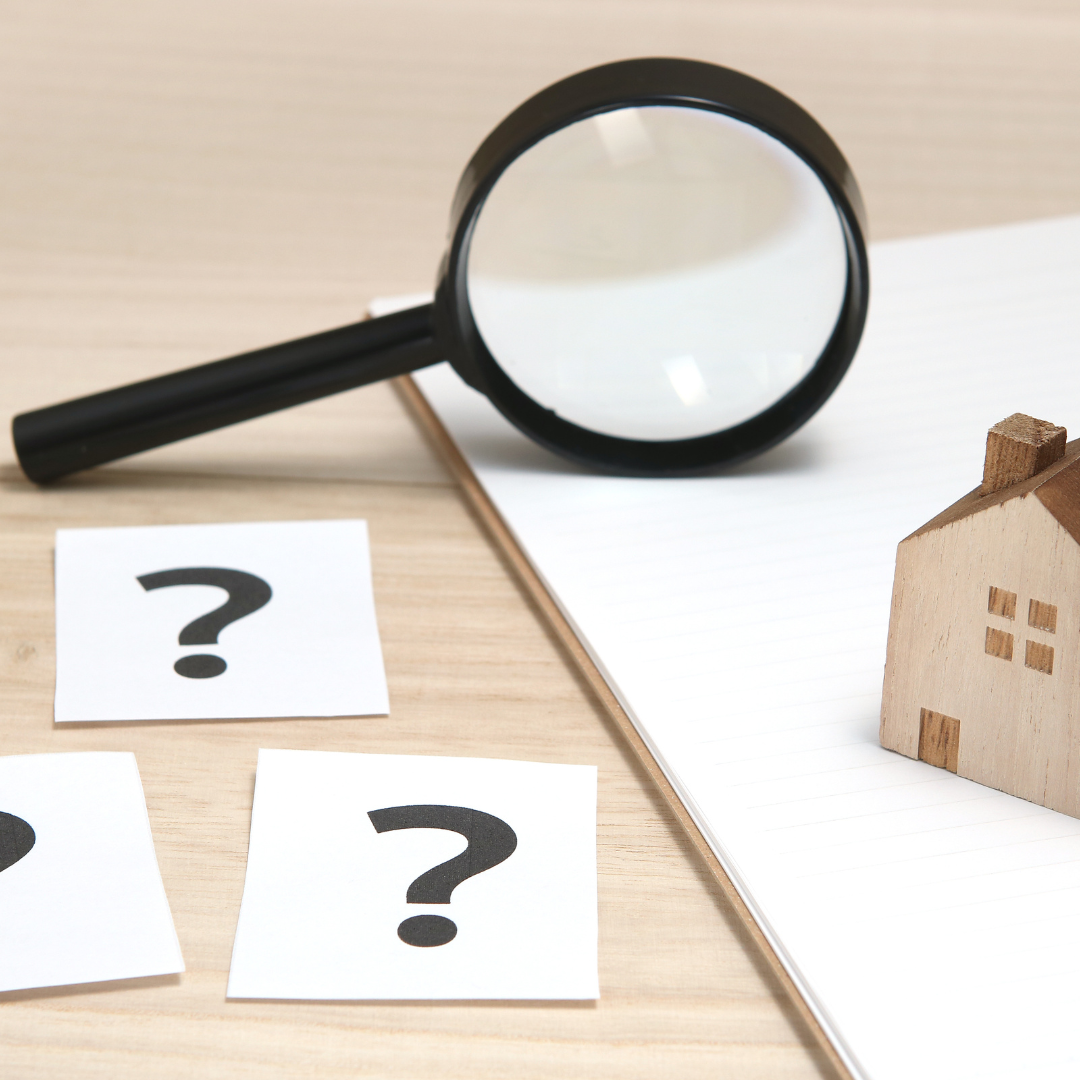


There are two different forms of property ownership: Freehold and Leasehold.
• If you own the Freehold of a property, it means that you own the property and the land it stands on outright.
• If you own the Leasehold of a property, it means that you just have a right of possession and use of the property but not ownership.
What are the differences between Freehold and Leasehold?
Freehold
• Whole properties are usually Freehold i.e. houses
• You won’t have to pay leasehold ground rent or leasehold service charge
• You have responsibility for maintaining the property – internally and externally
Leasehold
• Flats, maisonettes and apartments are usually sold as Leasehold titles, but houses can be Leasehold too (i.e. via a shared ownership scheme)
• You would be known as a Tenant/Lessee and would a have a legal agreement with the Landlord/Lessor called a “Lease” which sets out the legal rights and responsibilities of both parties
• The Lease is granted for a period of time, often 99 years or 125 years but the period can be as high as 999 years but can also be shorter, and at the end of the period, the Lease will return to the Landlord/Lessor unless you have applied to extend the Lease
• You would normally pay an annual “ground rent” to the Landlord/Lessor - The amount will vary and may either be fixed or will increase over the term of the Lease
• With Leasehold properties neighbours have interdependent relationships so they will share “common parts” (such as access ways, exterior walls and roof and pipes and services within a building which serve a number of properties)
• The Landlord/Lessor will usually be responsible for maintaining the “common parts” and you, along with the other Tenants/Lessees, will have to pay maintenance fees and/or annual service charges
• The Building in which the property forms a part will be insured by the Landlord/Lessor, but it will be your responsibility to purchase you own contents insurance and to contribute towards the Landlord’s/Lessor’s buildings insurance costs
• The Landlord/Lessor may delegate management responsibilities to a Management Company or Managing Agent which can be run by the Tenants/Lessees on a ‘not for profit’ basis or be run by a professional Management Company or Managing Agent
• You will likely face various restrictions, such as not owning pets or subletting, and will have to obtain permission for any majors works done to the property
• If you don’t fulfil the terms of the lease, for example by not paying the fees, then the Lease can be forfeited
When buying a Leasehold property what do you need to consider?
• Additional Costs: You will need to consider the additional costs, including service charge, ground rent, proportion of Landlord’s/Lessor’s building insurance costs, to ensure that these are manageable for you.
• Restrictions/Responsibilities: You will also need to consider your responsibilities as a Tenant/Lessee to ensure that you are able to satisfy these throughout the term of the Lease. There will also be restrictions placed on you and how you use the Property so you will need to check these to make sure you that you won’t breach them.
• Term: You will need to bear in mind the number of years left to run on the Lease as this affects the saleability and value of the your interest in the property. This is important to consider not just from the point of view of your purchase but will also be an important factor when you come to sell the property. Although it is possible to extend the term of a Lease subject to meeting certain qualifications (including having owned the property for two years) the procedures for doing so are complex and the costs can be expensive. This point is also important to mortgage lenders, who will now typically only lend where the residue on completion exceeds 70 – 80 years.
• Additional Leasehold Fees: Many leases state that the following post-completion matters must be dealt with:
o Notice must be served upon the Landlord or Management Company regarding the change of ownership and if the property has been charged to a Lender
o You may need to enter into a deed whereby you covenant directly with the Landlord or Management Company to perform and observe the covenants and other obligations referred to in the lease
o A certificate may be need from the Landlord or Management Company confirming that the post-completion matters have been dealt with
An administration fee may be charged by the Landlord or Management Company. We would establish what additional fees are payable on completion and to whom they are payable. We would provide you with a completion statement detailing the fees.
• Membership of Management Company: Many leases require that on completion of your purchase you must become a member of the Management Company. This means that it would be necessary for the Seller to transfer their membership in the Company to you. The Management Company sometimes charges an administration fee in respect of this process.
Our conveyancers have lots of experience dealing with leasehold purchases and are experts at managing the process and being able to reach completion for our clients in as quick a time as possible.
If you are considering purchasing a leasehold property, then please feel free to contact any one of our conveyancers for further advice and a quote for the costs.